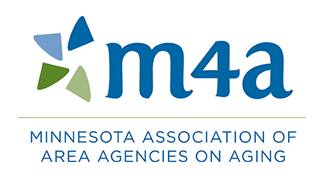Social Isolation
One evening, my family and I discussed going out to see some friends when we were abruptly reminded that we could not! It felt weird, but we had to be responsible. We had been exposed to someone with COVID-19. We could not go anywhere. It felt like we were in a cage, able to do things but only in our home. Once we met the quarantine timeframe, we re-entered society and participated in our usual activities. Upon reflection of our time secluded, I pointed out to my children, imagine being “quarantined” for a year.
Some older adults have been self-quarantined, isolated, or secluding themselves even before the pandemic. A few examples of why people may have become isolated could be from a fear of falling, inability to find adequate transportation, or dealing with untreated/undiagnosed anxiety.
A recent study by The Coalition to End Social Isolation and Loneliness stated that social isolation could lead to a 29% increased risk of premature death. The report discusses other negative factors that isolation and loneliness have on health, like, chronic lung disease, depression, self-neglect, addiction, abuse and exploitation.
What is MNRAAA doing to address this societal issue? First, we are naming it and calling attention to this issue. We may see it in our communities and within our families and we need to start talking about it. The first step in any solution is to identify the problem. So here it is, social isolation and loneliness is a problem.
Second, we are advocating at the federal and state level for additional funding to target organizations that assist those in combating social isolation. Because numerous programs have recently evolved, namely telemedicine and telephone reassurance programs, it is essential that reliable broadband internet is available to everyone. The Federal Communications Commission has made emergency broadband benefits available to assist in providing internet to everyone. Also, many local internet providers are working to establish more reliable and affordable internet service.
I challenge you to call attention to this problem. It will take all of us to work through social isolation and loneliness. We are stronger when we work together and together we can assist older adults to thrive!
– Jason W. Swanson




